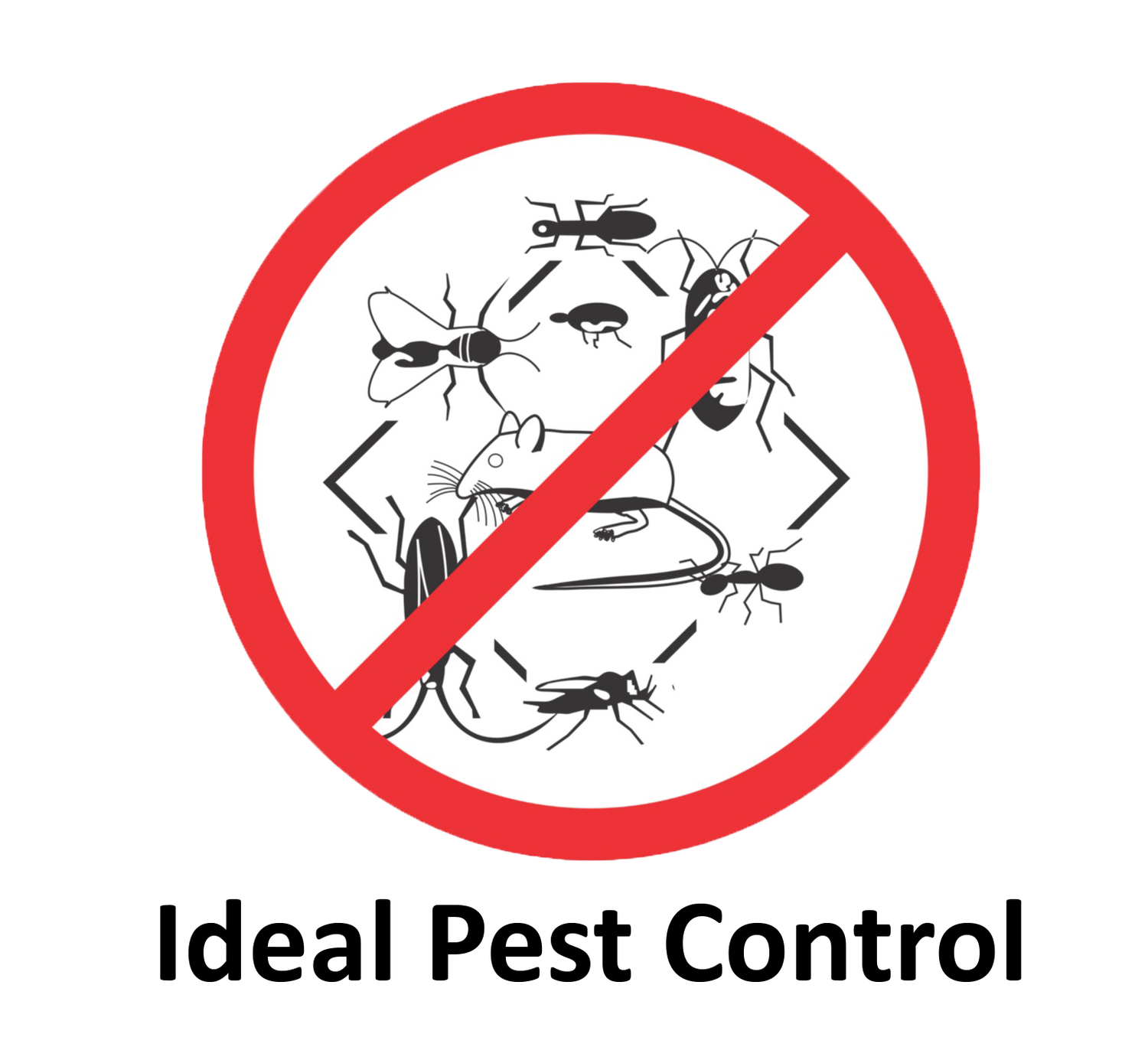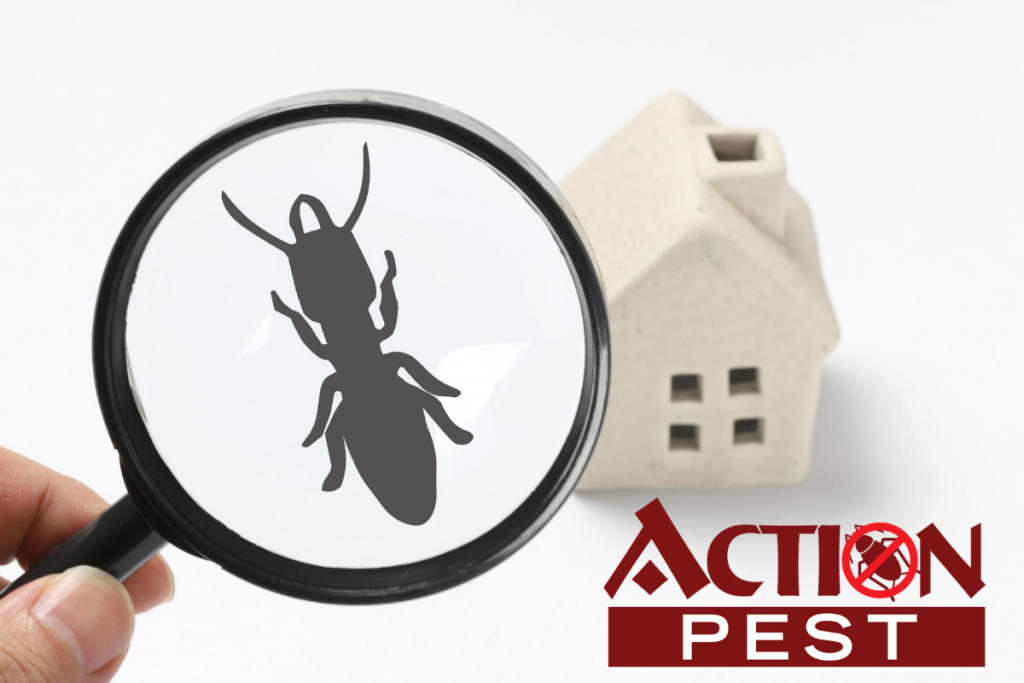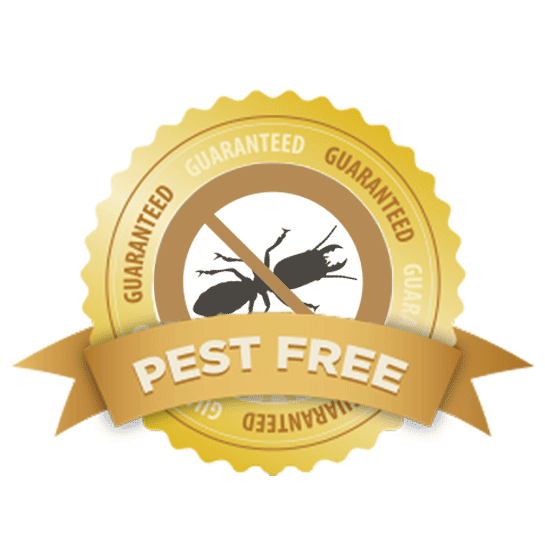Comprehensive Rodent Control Coquitlam Services for Peace of Mind
Comprehensive Rodent Control Coquitlam Services for Peace of Mind
Blog Article
Safe and Reputable Insect Control for Lasting Defense
Efficient parasite monitoring calls for a complex technique that balances eco-friendly integrity with the need for effective bug reductions. The nuances of these approaches might not be right away clear, motivating a better examination of the practices that can lead to lasting bug control results.
Recognizing Insect Control Techniques
Parasite control encompasses a range of techniques aimed at managing and eliminating unwanted insects and rodents that can endanger both health and wellness and home. Understanding these techniques is vital for reliable pest administration.
The main categories of parasite control approaches consist of mechanical, biological, and chemical methods. Mechanical techniques include physical barriers and catches to prevent insect access and capture unwanted types. Making use of displays on home windows or employing sticky catches can significantly decrease bug populaces without introducing hazardous materials - exterminator coquitlam.

Chemical parasite control is often one of the most acknowledged approach, utilizing chemicals to get rid of parasites. These chemicals can be efficient however need to be utilized with caution to avoid adverse impacts on non-target types and the environment.
Benefits of Eco-Friendly Solutions
Just how can environmentally friendly solutions transform insect control techniques? The fostering of environment-friendly pest control approaches provides numerous benefits, significantly improving the performance and security of pest administration (exterminator coquitlam). First of all, these options use natural active ingredients, minimizing the dependence on dangerous chemicals that can present risks to human health and the setting. This shift not just secures family members and animals however also decreases the possibility for dirt and water contamination.

An additional benefit is the positive influence on neighborhood biodiversity. Eco-friendly solutions are designed to target specific parasites while protecting useful pests and wild animals, advertising a well balanced environment. This approach lines up with the expanding customer need for sustainable practices, enhancing the online reputation of pest control providers.
Integrated Pest Management Strategies
The application of environmentally friendly options naturally leads to the fostering of Integrated Insect Administration (IPM) techniques, which even more boost bug control effectiveness. IPM is an alternative strategy that combines several methods to take care of pest populations while lessening ecological impact. This method emphasizes using biological, cultural, mechanical, and chemical controls, guaranteeing a well balanced and lasting technique of insect administration.
One basic element of IPM is the extensive evaluation of pest activity and environmental conditions. By checking pest populaces and recognizing their life cycles, practitioners can carry out soil treatment for termite control targeted interventions that interfere with the pest's habitat or lifecycle, reducing dependence on chemical pesticides. Additionally, social practices such as crop rotation and environment control can substantially diminish pest facility and recreation.
Another vital part is the usage of organic control representatives, such as beneficial bugs or microorganisms, which can normally reduce parasite populaces. When chemical applications are essential, IPM prioritizes the use of low-risk pesticides and applies them precisely, decreasing exposure to non-target organisms and people.
Integrating IPM techniques not just enhances parasite control performance yet likewise advertises a more secure environment, lining up with the expanding demand for sustainable practices in insect monitoring.
Safe Practices for House Owners
Comprehending the relevance of secure practices in insect control can equip house owners to effectively take care of bug issues while safeguarding their wellness and the atmosphere. Executing preventative measures and non-toxic approaches is critical in reducing direct exposure to hazardous chemicals.
Homeowners need to initially examine their atmosphere for problems that attract insects, such as standing food, clutter, and water waste. Routinely cleaning and securing entrance factors can discourage bugs from getting into the home. Utilizing all-natural deterrents, such as important oils or diatomaceous earth, can provide efficient alternatives to chemical pesticides.
When chemical treatments are essential, homeowners need to opt for items that are especially identified as secure for residential usage. It is important to adhere to application standards diligently to avoid too much exposure. Additionally, making use of targeted treatments in locations where insects are recognized, as opposed to covering splashing, can considerably decrease chemical usage.
Last but not least, maintaining open interaction with insect control professionals is crucial. Homeowners ought to ask about the security of items utilized and request environment-friendly choices whenever possible. By adopting these safe methods, home owners can develop a much healthier living setting while successfully managing bug problems.

Tips for Long-Term Security
Establishing an insect monitoring approach that highlights long-term defense can considerably improve the efficiency of the secure practices formerly gone over. To attain this, house owners need to carry out routine evaluations of their residential property, focusing on concealed locations such as attics, basements, and crawl spaces. Early detection of bug activity is important in avoiding invasions from holding.
Furthermore, maintaining a clean atmosphere is important. This consists of appropriate food storage, immediately cleaning up spills, and consistently taking care of rubbish. These practices minimize attractants that attract parasites right into the home. Securing entry factors, such as fractures around doors and home windows, can effectively obstruct potential insect access.
Landscape design ought to also be thought about; maintaining plants cut and preserving a distance between vegetation and the home minimizes hiding places for bugs. Making use of all-natural deterrents, such as vital oils or diatomaceous earth, can additionally discourage problems without resorting to extreme chemicals.
Last but not least, collaborating with a professional bug control service for regular examinations can her response give an additional layer of security. Recommended Reading These professionals can supply tailored referrals and advanced therapies, making sure that your home stays protected versus parasites in the lengthy term.
Verdict
To conclude, secure and reliable insect control calls for a complex strategy that emphasizes environment-friendly techniques and incorporated pest monitoring. By implementing all-natural deterrents, carrying out normal examinations, and keeping correct hygiene, homeowner can significantly reduce pest populaces while shielding useful pests and the environment. Cooperation with expert pest control services enhances the efficiency of these approaches, guaranteeing customized solutions that provide long-term protection and satisfaction versus future problems.
Effective pest management requires a complex method that balances environmental integrity with the need for effective pest suppression. The fostering of environment-friendly insect control techniques uses numerous benefits, considerably boosting the efficiency and safety and security of pest management.The implementation of green options naturally leads to the adoption of Integrated Parasite Administration (IPM) techniques, which further enhance insect control efficiency. exterminator coquitlam. By keeping an eye on parasite populations and determining their life cycles, specialists can carry out targeted interventions that interrupt the pest's habitat or lifecycle, minimizing dependence on chemical pesticides.In conclusion, dependable and safe bug control requires a complex technique that highlights green approaches and integrated pest monitoring
Report this page